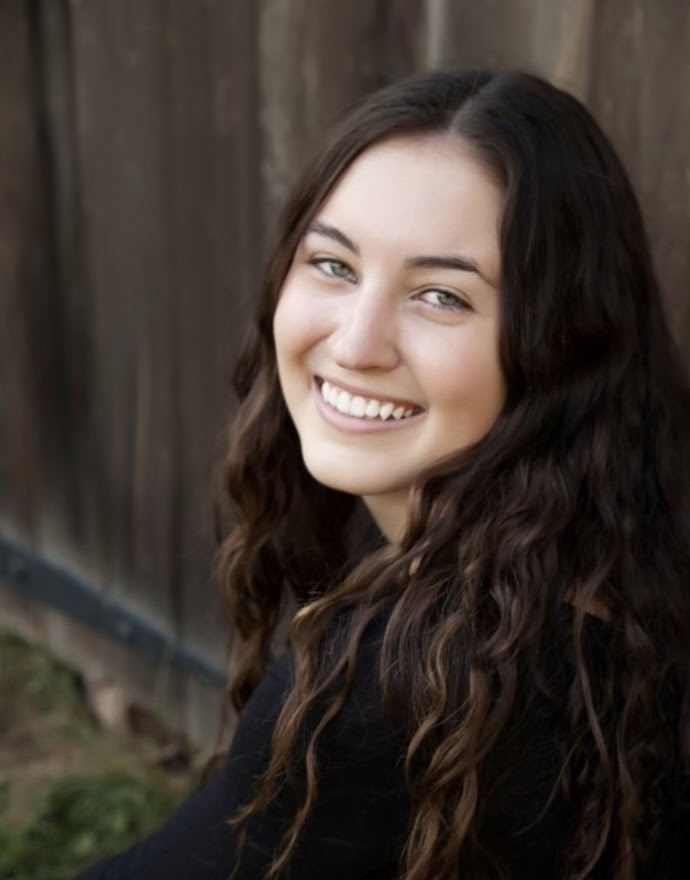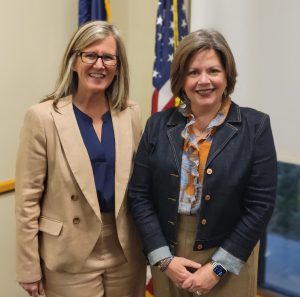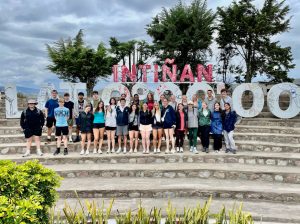Students suspicious of voter fraud claims
February 19, 2021
In the wake of the 2020 presidential election between former president Donald Trump and President Joe Biden, one of the most pressing issues that divided the people of the United States was whether or not this election was plagued by widespread voter fraud. This election was unique in many aspects, and the perpetual threat of the coronavirus prompted a significantly higher number of citizens to make use of early voting and mail-in ballot options as a way to protect themselves from the virus while still participating in the democratic election process. However, these alternative methods of voting gave way to cries of extensive voter fraud, stemming from the rhetoric of former president Trump.
In the months leading up to the election, Trump cast doubt on the security of these types of ballots, and during the week of the election, he claimed victory before many states had finished counting their votes. When the race was called for President Biden, Trump immediately asserted that the election was “rigged” and that the Democratic Party had engaged in election fraud in order to elect Biden.
Since the election, voter fraud claims have spread throughout the country, and Trump, along with a team of lawyers, filed many lawsuits to overturn the election results in many key swing states, to no avail. Junior William Orr remarked on this process: “The losing candidate even executed his legal right to make multiple states recount their votes, which after the recount, still showed in favor of the winning candidate [Biden],” Through all of the court cases and allegations, no substantiated claims of voter fraud were found in the 2020 presidential election.
The issue of voter fraud is still hotly debated and remains a divisive problem today, and it has had a substantial impact on the Manheim Township student population, especially for many seniors who were first-time voters in the 2020 election. Senior Sophia Schultz expressed her opinion: “Personally, I don’t think there was voter fraud in the 2020 election.”
Junior Jane Farrell echoed Schultz’s sentiment: “At the end of the day, the election was fair.”
Another junior, Ananya Belsarkar, said, “I personally feel like if there was voter fraud during the election, it wouldn’t have been enough to change the results,” Belsarkar said.
Many students pointed out the fact that there has been no evidence to prove Trump’s allegations, and that this forced them to seriously doubt that widespread voter fraud was present. Orr summed up his position, saying, “All in all, the facts against any voter fraud in 2020 outweigh any claims that support any form of voter fraud, leading me to believe that there were no significant forms of voter fraud committed.”
Some students also acknowledged that the claims of voter fraud could be seen as a way for people to justify the loss of their party in an extremely contentious race. “I think it is a way for people to cope with the loss by blaming the system instead of accepting the results,” said Schultz.
Farrell reiterated this point, saying that even though some citizens are upset because their favored candidate did not win, there is no excuse to say that the election wasn’t accurate and legitimate. “I have seen a few articles and news sites describe how voter fraud may have occurred, yet their only evidence for the fraud was from the candidate that lost (Trump). In this case, I would not trust the claims of voter fraud simply because the only evidence came from the losing candidate,” Orr said. In his opinion, the allegations of voter fraud seem to serve as a way for Trump to explain his loss.
The ramifications that this controversial topic has had in the United States, as well as in individual communities like the high school, has not gone unnoticed by students. Senior Suzie May said, “It’s clear to see that this problem has divided the United States, and I also see [this division] in the differing opinions at the high school.”
For first-time voters like May and Schultz, there is uncertainty over how this issue will affect future elections and the democratic processes that the United States relies on. However, Schultz still maintains that, “Although the widespread rumors of voter fraud only caused more chaos and division in our country, we should be looking to the future.”












